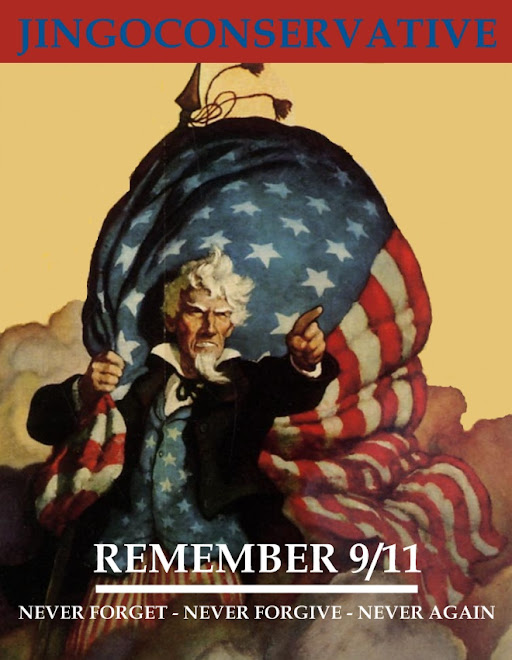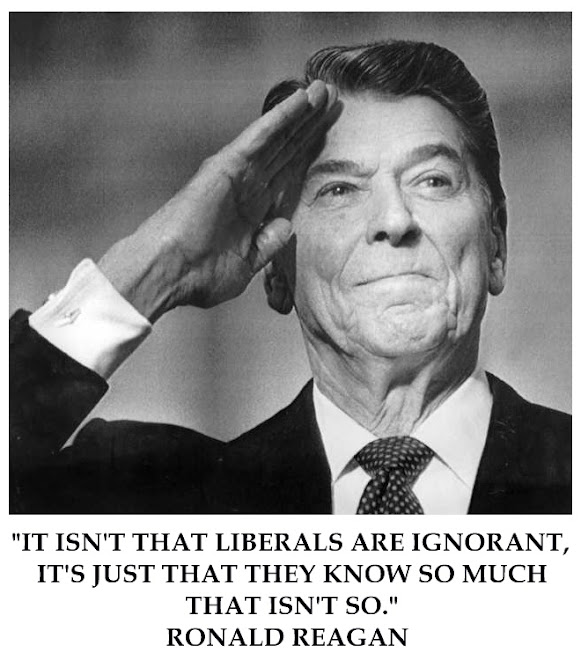Civilization requires we be civil to each other. A rapid decline of civility in America does not bode well for our future. I began thinking about this as a result of an incident at a local convenience store today. As I approached the entry door, I was preceded by two young men and an elderly woman using a cane. The two young men picked up their pace to get to the door before the lady. I assumed they would hold the door for her, but they did not. They allowed it to close without even a look back. I then took several quick steps to reach the door before the lady did so that I could hold the door for her. The look of surprise on her face was priceless and made my effort more than worth it. She said, “Thank you”, and I responded with a “Yes, Ma’am.” I was raised by a mother from Alabama who insisted on good manners at all times, especially toward women and senior citizens. She has been gone for many years, but her lessons were not lost on me. I still fear the brutal backhand that would land aside my head whenever I forgot my manners. The ugly truth is that ordinary, common etiquette has almost completely disappeared from our culture. I’m not talking about which fork to use for which course at dinner, but rather something more rudimentary. I’m referring to rules of civil society that indicate a respect for one another. We should all aspire as individuals and as parents to restore these norms to our society.
Allow me to explain. The basics are fairly simple: saying “please”, “thank you”, and referring to elders as “sir” or “ma’am” whenever appropriate, pulling out chairs for ladies or helping them with their coats or packages, and holding doors for women and the aged are all part of a bigger code of conduct. That code seeks to protect and respect the most vulnerable members of our society, and it is sadly lacking from our daily discourse. These are not tremendous acts of sacrifice nor do they require a monumental exertion. They are simply a set of behavioral standards that place a template on our actions that shows deference to other human beings. It may sound absurd to some, but they go a very long way towards easing the stresses of daily life. Any time one sees a lady or a senior in need of assistance, we should respond without hesitation, almost reflexively. Clearly I am referring to men and specifically young men in particular. Not too long ago I witnessed an older gentleman at a home improvement store struggling to load several large pieces of plywood. I was loading my truck at the time, and I watched several strapping young men walk by without helping. I stopped what I was doing to help, as I assume anyone with a modicum of concern would. The man actually tried to tip me, but I politely refused. I considered it my basic duty and the least I could do. I had never seen this man before, and I may never again, but I know that he will not soon forget. I cannot understand why these sorts of acts are rare now.
Young men have a responsibility to the other parts of our population whether they choose to accept it or not. It reflects very poorly on their upbringing should they not do so. Several times in the past I have grabbed the shoulder of my son and held him back when he attempted to go through an entrance ahead of others for which he should have waited. I have tried to pass along the manners taught to me by my mother because they indicate a basic regard for others. It’s bad enough that many fathers are completely absent, but it seems the ones who are present are failing to teach their young men proper conduct. Children are a reflection of their parents, and that reflection should include civility. We fail as parents and as a culture when we neglect that. It leads to greater and more concerning acts of callousness and disrespect.
Another incident this weekend confirmed my fears. I witnessed a funeral procession traveling along a major Columbus road. When I was a young man, it was customary for opposing traffic or nearby pedestrians to briefly stop while the procession passed. It is not legally required, but it is respect for the deceased and their family. We may not have known the individual, but we can acknowledge their passing simply by taking a few seconds to pause in reflection. Our lives go on afterward, unlike the deceased. When our culture has lost regard for even the dead, it is not a good omen. Of course, respect for life has been declining in America for many years, so maybe this is part of that, but that certainly in no way excuses it.
Politeness smoothes the daily interactions we have with one another. Next time you call a government agency or private company for assistance, start by thanking the individual by name for taking your call. You might be surprised how much more cooperative and helpful the individual will be. It’s amazing. Those of us who are parents should be even more attentive to the way we conduct ourselves. Our children watch and imitate every move we make and every transaction we have with others. Boorish manners and the insensitive treatment of others do not make things easier or faster. They simply indicate a disregard for others and a focus on one’s self.
Subscribe to:
Post Comments (Atom)




















No comments:
Post a Comment